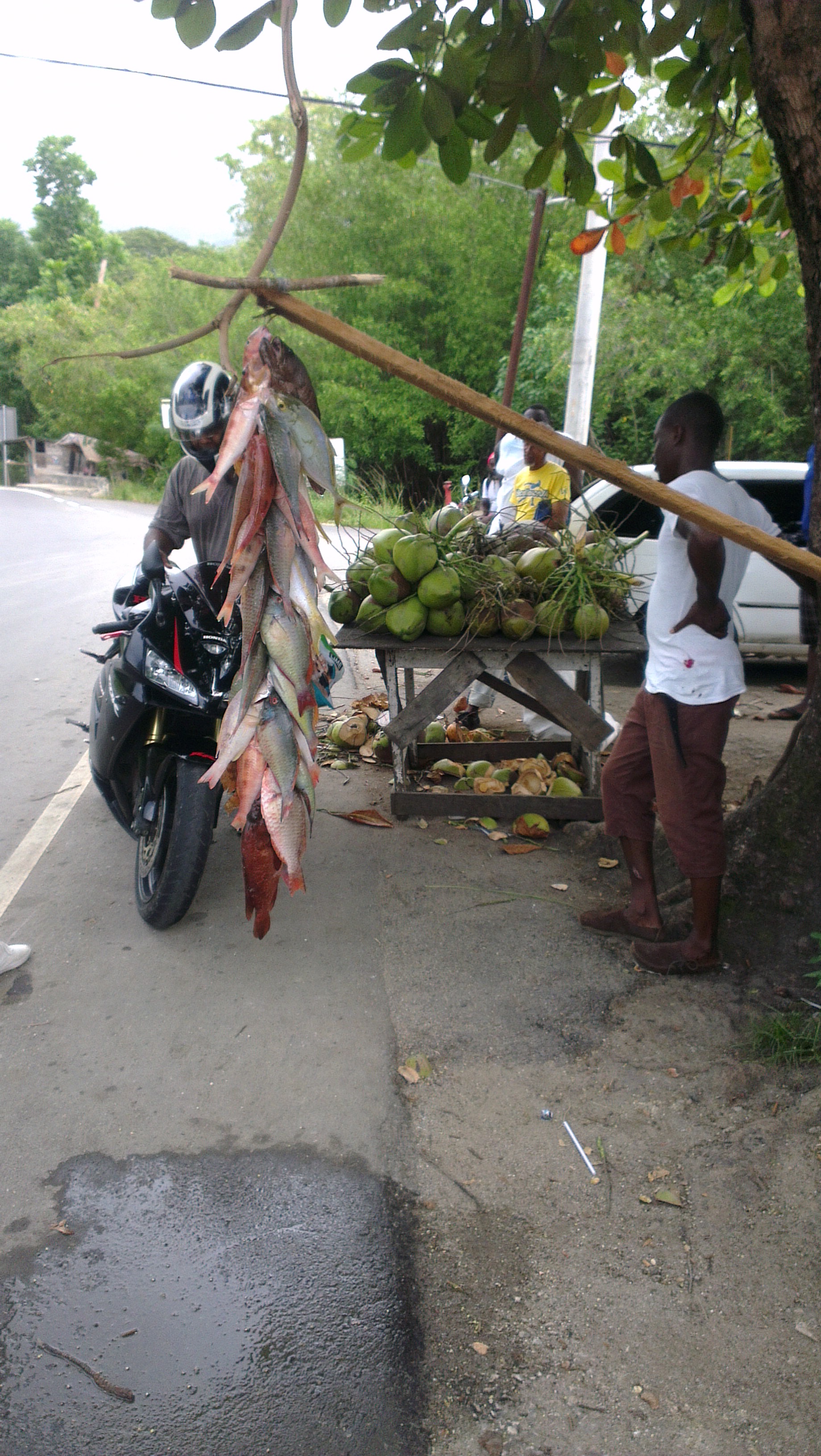Bluefields
A2, Bluefields, Westmoreland Parish, Jamaica
Bluefields is a fishing community on the northwest coast of Jamaica that has been facing severely depleted fish stocks and habitats, and pollution from development. Local leaders spearheaded a no-take Bluefields Bay Special Fishery Conservation Area to address these problems. This has forced fishers to take greater physical risks by fishing further from shore and in deeper waters. While many fishers support conservation goals, there are now conflicts over how to sustain local livelihoods.
Top environmental challenge faced by the community (currently or in the past 10 years):
Bluefields is a fishing community that relies heavily on coastal-marine resources (e.g., fish, lobster, conch). Over the past few decades, fish stocks have become severely depleted and fish habitats (e.g., coral reefs) are in decline. Furthermore, development has led to environmental degradation and increasing pollution levels.
How the environmental challenge has affected local livelihoods:
Environmental change has had a negative impact on local livelihoods. Local fishers have reported a decrease in the size of the fish that they catch and the amount that they catch, despite increasing their fishing efforts. Fish vendors in the community have reported similar changes in the fish that they are selling (which, at times, are sourced from outside of the community), and have stated that they are now making less money than they used to.
Community response to the challenge, through environmental stewardship (conservation) initiatives that improve environmental well-being and support sustainable livelihoods:
Local leaders spearheaded the implementation of a no-take marine protected area (MPA), the Bluefields Bay Special Fishery Conservation Area (BBSFCA), to preserve and protect the community's nearshore coastal-marine habitats. The rules of this MPA are currently being enforced by local game wardens, who are also members of the Bluefields Bay Fishermen's Friendly Society (BBFFS). While many fishers support the conservation goals of BBSFCA, the inclusion of former fishing grounds within the boundaries of the MPA has led to conflicts within the community. In particular, nearshore fishers have struggled to adapt to the MPA, as they are now being forced to fish in areas that are deeper and farther from shore. Many of these fishers are free-diving spear fishers, so these new fishing areas are associated with greater physical risks.
Extent to which governmental policy (at local, regional or national levels, as relevant) has supported, or been contrary to, the community's responses to the environmental challenge:
National policies support the development of marine protected areas (MPAs). Jamaica is currently aiming to achieve the Aichi Biodiversity Targets, which calls for a conservation target of 10% of marine and coastal areas by 2020.
Keywords: Ecosystem
Coastal, Marine
Keywords: Resources
Fish, Wildlife
Keywords: Big Issues
Biodiversity, Climate change, Education, Human-wellbeing, Resource use
Keywords: Solutions
Governance/Management, Policy and planning, Protected areas
Contributed by: Cheryl Chan, Environmental Change and Governance Group, University of Waterloo
The information provided and opinions expressed above are the responsibility of the contributor and do not necessarily reflect the views and analysis of the Community Conservation Research Network (CCRN), nor those of all members of the community described.
For any questions or comments on Communities in Action, please contact us
here.



